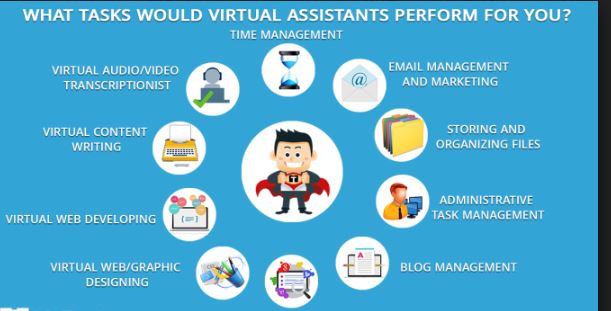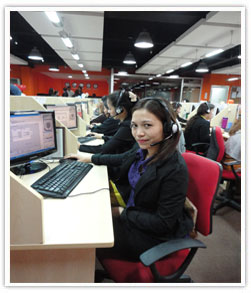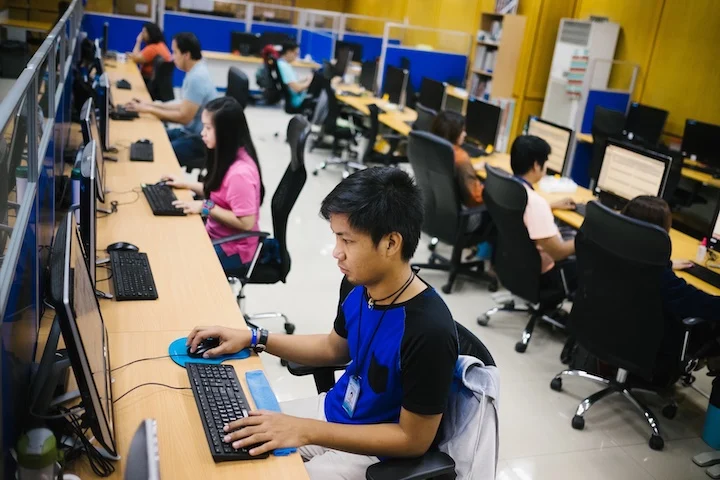Step inside a hospital in North America or Europe, and you’ll bump into a Filipino nurse, or perhaps five – or ten! Each ship currently out at sea has a Filipino as part of its crew, if not a majority of its crew. Filipino engineers and foremen built Saudi Arabia.
For years, the Philippines greatest export has been its labor force, at any given time up to 10% of the population is stationed overseas in permanent or semi-permanent working arrangements (that’s over 10 million Filipinos!). Back home they are affectionately known as OFW’s (Overseas Filipino Workers).

When it comes to finding talent, the Philippines has slipped through the outsourcing cracks because very little people know about them. And when it comes to travel promotions, their South East Asian counterparts often dwarf them.
Even if, for years, countries from around the globe have been importing Filipino talent to fill their ranks, recognizing the value they bring to their local labor pool has been missed.
With outsourcing, you’re doing exactly the same thing, except in reverse. Something that a lot of Filipinos prefer, since they have a chance of making good money while staying home.
Opening The Lines of Communication
There are several things that you should always keep in mind when dealing with Filipino virtual employees. Southeast Asians are generally very polite people, and Filipino’s are no different.
The Philippines is also renowned for its hospitality. Filipino’s will always put their visitors first, even if it means giving you their own bed instead of the sofa, or offering the best parts of a roast chicken.
There is also a well-established hierarchy: elders, parents, teachers, and superiors are given the utmost respect. This is a country where college kids still have to raise their hands to ask to go to the bathroom, and stand up when answering questions. That’s because the teacher is a profession that commands respect, and this is one way of showing it.
It even reflects in their language, by using “po” and “opo” to their elders and superiors. Just think of it as kind of saying “Ma’m” or “Sir” at the end of each sentence. This sense of hierarchy is so ingrained that you will see executives call janitors “big brothers”, and even attach the honorific “po”, when addressing a janitor that’s older than him.
This combination of hospitality, respect, and politeness is what makes online Filipino workers, and Filipinos in general, endearing. But from a business perspective, this attitude can be misconstrued as timid and even unmotivated (although there are some online Filipino workers that are timid and unmotivated).
Consider this: when you present an idea to a Filipino employee, you’d be hard pressed to get them to tell you their opinion on the first round. They will most likely just listen to you ramble on about your project, and perhaps only ask clarifying questions with regards to the project description.
As opposed to a western employee, who would probably bring out the give-and-take on the first consultation? Most people take this inability to hash out ideas and contribute as a limitation, and rightly so. The more people there are brainstorming for a project, the more innovations you can come up with.
Entrepreneurs like to be surrounded by people who have the same passion and energy for their business. For start-ups, this kind of sizzling energy is what’s needed for them to thrive and survive. And if they don’t get that from their online Filipino worker or Filipino virtual staff the first time, or even the second time, they incorrectly assume that they’re not feeling that same vibe. So they simply stop expecting it.
However, the reality is, they’re not giving you their opinions because they were never asked – directly.



